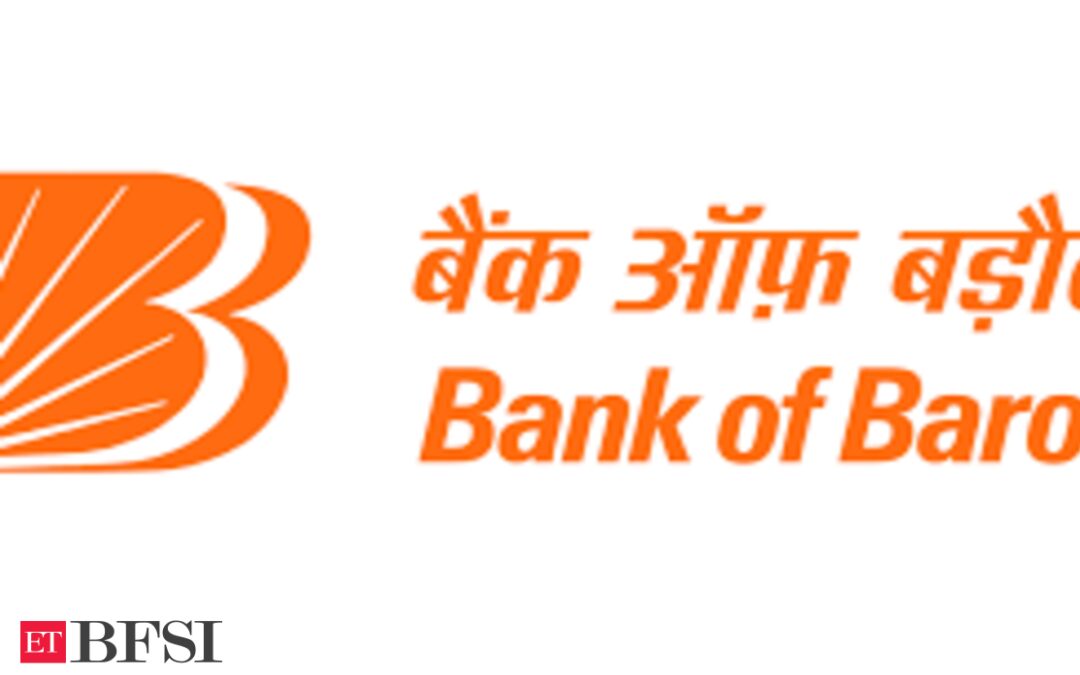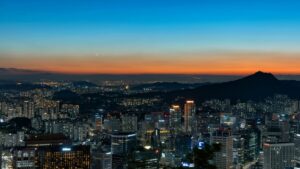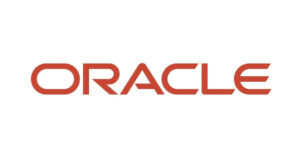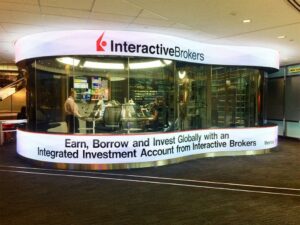As the global economy has seen multifold impact attributable to hosting major concerts, India has also recently witnessed a lot of buzz surrounding the flocking of international pop, rock, EDM and other popular genre artists to cater to the music enthusiast.
It’s a new dimension of cultural prestige adding an edge of “experience economy”.
India has witnessed an immense surge in demand for concerts and live music in recent years, a move majorly driven by an increase in disposable income, and a growing willingness to spend.
Bank of Baroda on Tuesday has released a report titled “concert”-ed push for the economy, saying the direct and indirect spending on these events is expected to significantly boost overall consumption and economic activity.
As per the report, Concerts in India have the potential to generate considerable economic activity, with estimates predicting ticket sales alone could range between ₹750-950 crore, based on varying ticket prices and stadium capacities. In addition, hospitality and transportation spending could amount to ₹400-500 crore.
These figures exclude scalping and premium pricing but reflect the expected boost from mid-range and budget ticket sales.
Sponsorships could add around ₹250-300 crore, driven by title and associate sponsors, and more local brands entering the space. Miscellaneous spending, including event management, security, and merchandise, could be an additional ₹45-60 crore.
Overall, total spending is anticipated to range from ₹1,600-2,000 crore over the span of a few months.
This expenditure, though modest in a short period, suggests that on an annual basis, live concerts could contribute ₹6,000-8,000 crore, positioning India as an attractive venue for live events due to its demographic advantages, stable currency, and tourism-friendly environment.
The growth of this sector could significantly bolster private spending and drive economic activity.
The rise of “premiumization” in live entertainment, marked by an 82% increase in demand for premium events in 2023 compared to 2022, shows that consumers are increasingly willing to spend on high-end experiences. This trend can drive further spending and economic growth.
Although inflation remains a concern, services inflation is currently moderate, with entertainment accounting for just 0.11% of the Consumer Price Index (CPI). As a result, the overall impact on inflation is expected to be minimal. While sectors like airlines and hotels may see temporary price increases due to higher demand, the spending surge will be focused on specific areas, preventing significant broad-based inflation.











